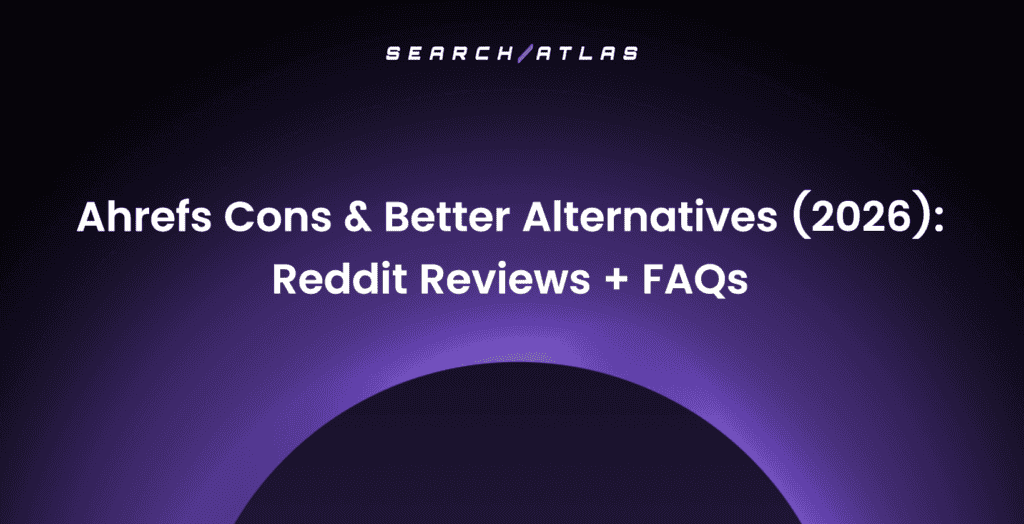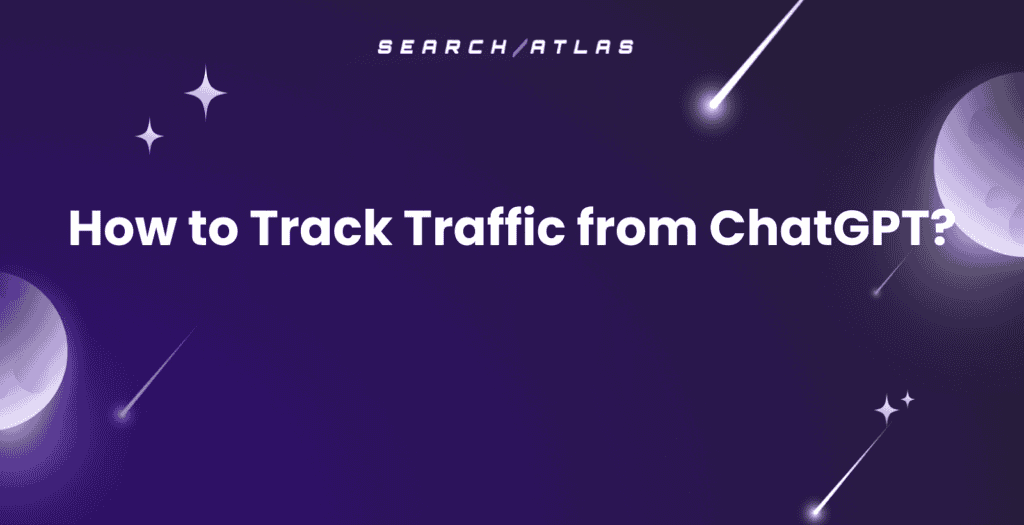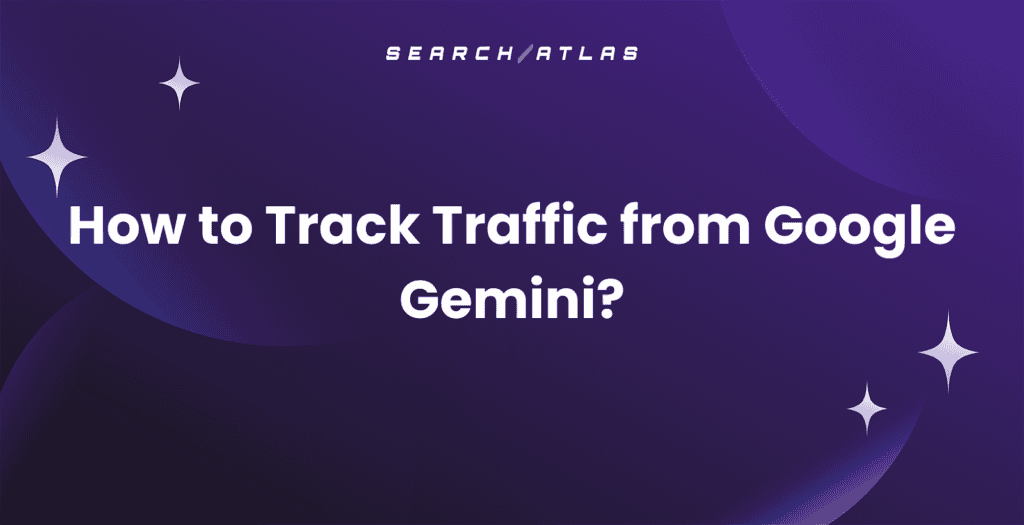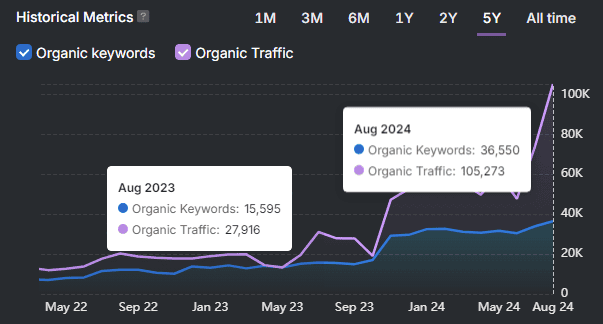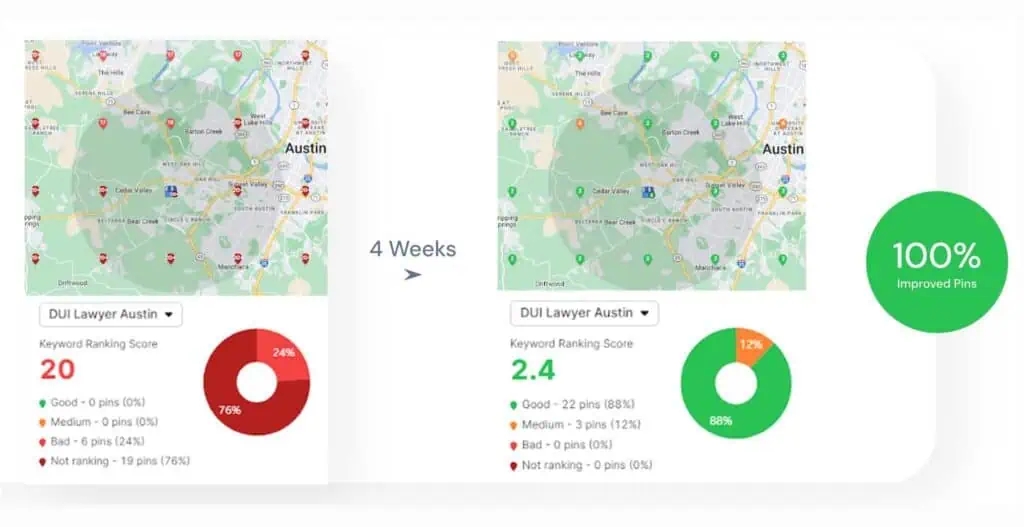To search for keywords, marketers and business owners use various methods. Searching for keywords includes stages like defining the target audience, generating seed keywords, expanding keyword lists, analyzing competitors, discovering keyword gaps, intent categorization, and finally, detailed analysis.
10 Steps to Follow When Searching for Keywords
We list 10 steps to follow when searching for keywords using different methods and types of tools.

1. Define Your Goals and Target Audience
Begin by establishing clear objectives for your SEO strategy. Are you aiming to increase sales, generate leads, build brand awareness, or educate your audience? These goals guide your keyword selection toward terms that support specific business outcomes rather than simply driving generic traffic.
Understanding your target audience is equally crucial. Develop detailed buyer personas that include demographic information, challenges, motivations, and the specific language these individuals use when searching online. Consider how different audience segments use varied language based on their knowledge level. For example, beginners use basic terms and SEO tools for beginners while experts employ specialized vocabulary and advanced tools.
The intersection of business goals and audience needs defines the most valuable keyword territory. For each potential keyword opportunity, ask if the potential traffic supports your business objectives.
2. Generate Seed Keywords
Seed keywords are the core terms that describe your products, services, or content topics in their simplest form. These broad, typically short phrases serve as starting points for discovering more specific keyword opportunities. To start keyword research, identify the seed keywords first. For example, a potential seed keyword if you have a yoga studio is “yoga classes”.
From this single seed keyword, users are able to discover hundreds of related terms. Examples of related terms for “yoga classes” are listed below.
- yoga classes near me
- beginner yoga classes
- online yoga classes
- hot yoga classes
- prenatal yoga classes
- yoga class schedule
- best yoga classes
- yoga classes for seniors
The Search Atlas Keyword Magic Tool streamlines the entire seed keyword generation process. As an AI-powered feature, it automatically generates related keyword ideas when you enter even basic seed terms. The Keyword Magic Tool quickly identifies semantically related concepts, alternative phrasing, and topic associations that are often overlooked in manual brainstorming.
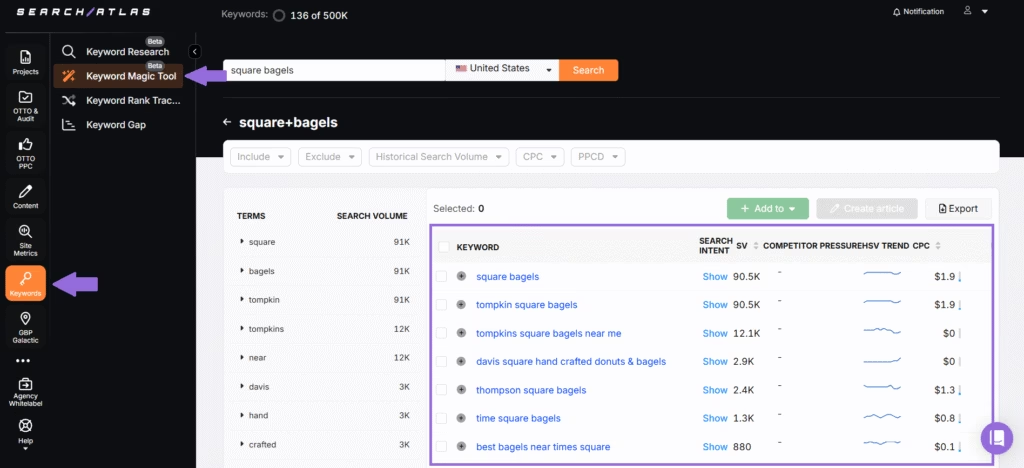
The ways the Keyword Magic Tool helps are listed below.
- Automatically generates comprehensive lists of related keywords from basic seed terms
- Displays keyword variations in an organized structure
- Identifies potential content themes and topic clusters
- Provides search intent classification for keywords, helping organize targets by user goals
- Shows search volume, competition, and other key metrics for each keyword
The tool displays keyword variations in an organized structure that helps identify potential content themes and topic clusters for further development. The tool makes the traditionally time-consuming seed keyword process efficient and comprehensive.
3. Expand Your Keyword List
Next, expand your list by discovering the types of keywords listed below.
- Long-tail keywords
- Question
- Related topics and subtopics
- Alternate phrasing and synonyms
The Search Atlas Keyword Research Tool provides direct access to keyword variations, related keywords, and questions connecting to your topic. It specifically identifies question formats to help you target content opportunities for featured snippets. This makes you more likely to boost your Google rankings.
4. Analyze Competitor Keywords

Organic keywords your competitors rank for provide valuable insights into market opportunities. The Search Atlas Site Explorer is your primary tool for competitive keyword analysis, and a good example for the competitor keyword analysis process. Site Explorer accomplishes competitor keyword research with a multi-step process. The typical steps are listed below.
- Copy and paste any competitor URL to get a comprehensive overview
- View all organic keywords the page ranks for
- See organic position distribution and ranking performance
- Identify established traffic channels in your industry
- Discover potential content gaps in your strategy
- Find competitor keywords you are potentially missing
5. Discover Keyword Gaps
Keyword gaps are search terms that your competitors rank for but you don’t. Keyword gaps missed traffic opportunities in your industry. These gaps include content you lack entirely, existing content that isn’t optimized for relevant terms, different search intents you haven’t targeted, and specific long-tail variations of your main keywords.
Let’s say that competitors rank for “local SEO services” while you only target generic “SEO services”. That gap represents potential customers choosing your competition over you. Keyword gap analysis reveals proven opportunities with validated market demand.
The Search Atlas Keyword Gap Tool takes competitive analysis further by identifying valuable terms your competitors rank for that you are missing. This tool analyzes up to six domains simultaneously, revealing keyword opportunities based on competitive positioning.
We list Keyword Gap Tool capabilities below.
- Keyword Gap. Shows terms competitors rank for but you don’t
- Keywords in Common. Reveals shared ranking terms across competitors
- Keyword Opportunities. Highlights high-potential terms to target
- Unique Keywords. Identifies terms only specific competitors rank for
- All Keywords. Provides comprehensive keyword landscape view
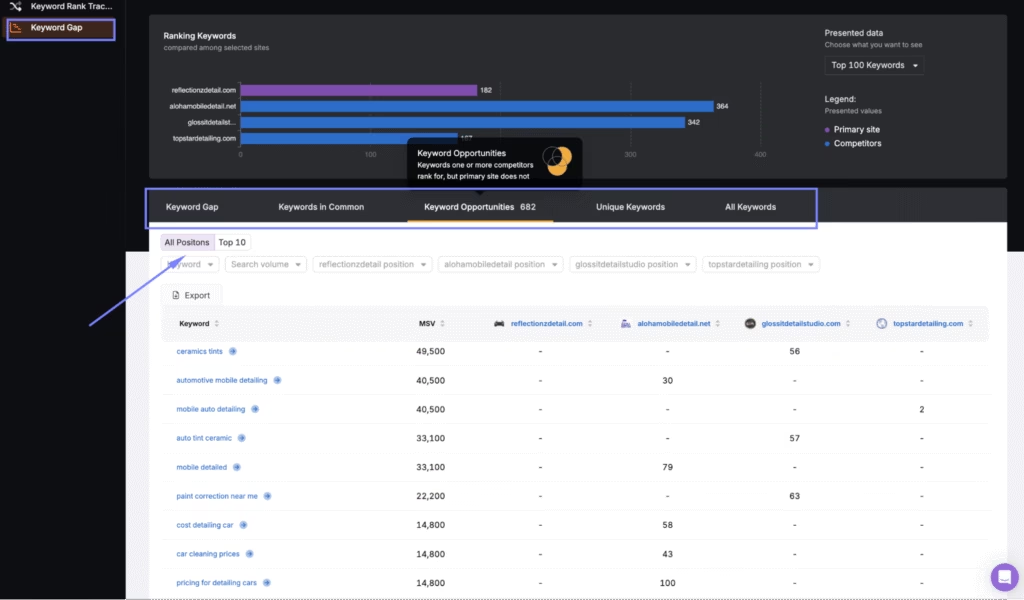
This helps you discover established traffic channels in your industry while identifying potential content gaps in your strategy.
6. Analyze Topical Dominance
Topical dominance is one of the best-guarded SEO secrets. Topical dominance shows how well a website covers a subject across multiple related keywords. Google considers ranking for a large set of interconnected search terms as a sign of authority. Sites that do this are often able to outperform bigger sites.
The Search Atlas Topical Dominance Tool is unique and provides a completely new approach to finding keywords. It shows how you cover topics compared to competitors and provides competitor keywords for each topic you’ve identified.
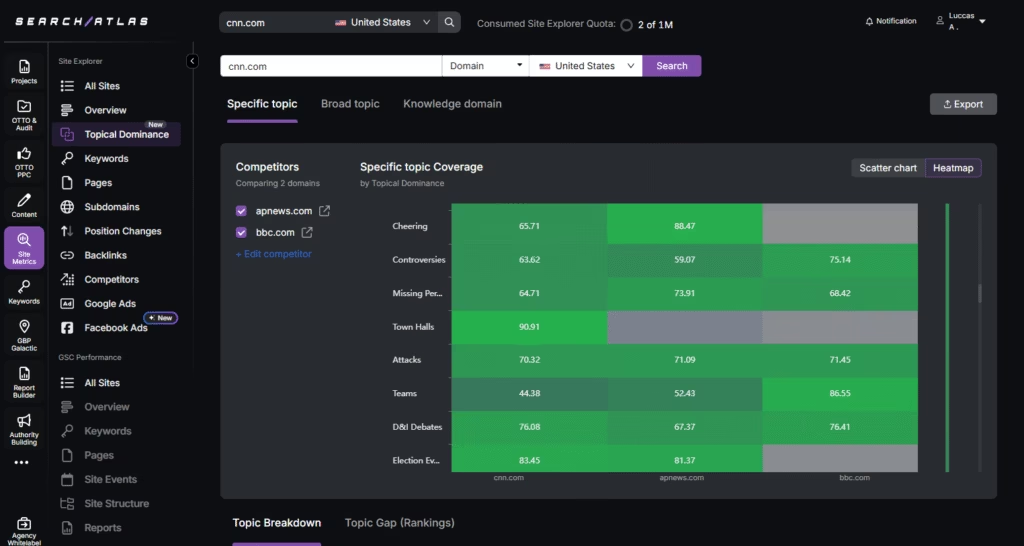
We list several keyword research benefits of Topical Dominance below.
- Compares your topic coverage against competitors
- Gives you competitor keywords for specific topics
- Saves time with organic keywords that improve site authority
- Identifies topic gaps in your content strategy
7. Categorize Keywords by Intent
Categorizing keywords by search intent ensures your content matches what users actually want when they search. Mismatched intent means low rankings and poor user experience. Google prioritizes content that satisfies searcher expectations, which makes intent alignment crucial for SEO success.
Modern SEO tools like the Keyword Magic Tool provide built-in intent classification for keywords. The Keyword Magic Tool categorizes keywords into 4 primary types. The 4 types are listed below.
- Informational Intent. Users seeking knowledge or answers (how to, what is, guide, tutorial)
- Navigational Intent. Users looking for a specific website or brand (brand names, product names)
- Commercial Intent. Users researching products or services before making a decision (best, top, reviews, comparison)
- Transactional Intent. Users ready to complete an action like making a purchase (buy, discount, order, coupon)
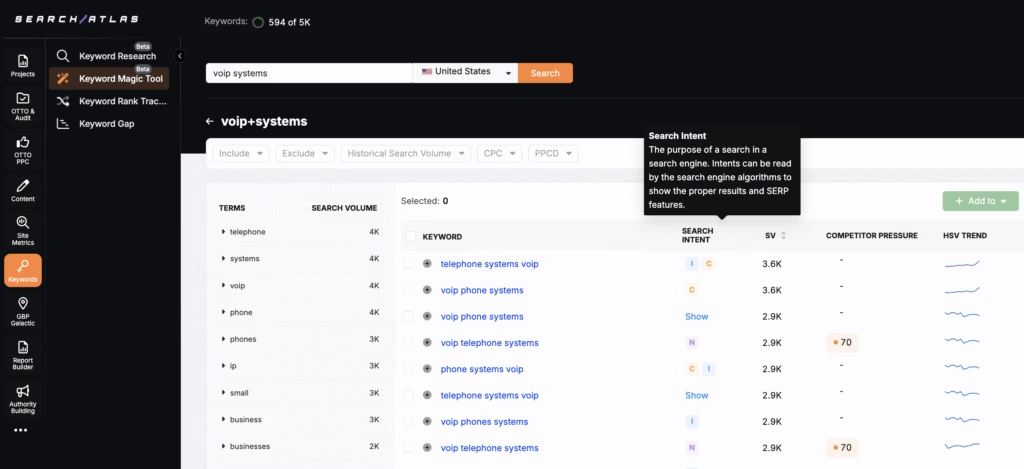
The tool automatically identifies and labels keyword intent. Automatic labeling helps you plan content formats and types.
8. Analyze Key Performance Indicators
Keyword research tools provide complete metrics for keyword evaluation, which allows for a side-by-side comparison of opportunities. The platform delivers comprehensive data. The data types provided by the Search Atlas Keyword Research Tool are listed below.
- Search Volume. Measures average monthly searches for a term, with both local and global data. For example, “garden tool” shows 60.5K monthly searches in the United States, with a global volume of 165K.
- Competitive Pressure. Quantifies the challenge of ranking for a term on a scale of 0-100. Metrics include domain diversity (92 for “garden tool”) and the presence of high-authority domains among top results.
- SERP Features. Identifies special elements appearing in search results that affect organic click potential, such as featured snippets, knowledge panels, or image carousels.
- Traffic Potential. Estimates actual traffic a top-ranking page has the chance of receiving. The traffic potential of 3.6M for “garden tool” indicates substantial visitor potential despite moderate search volume.
- Commercial Intent. Indicates likelihood of conversion, reflected in metrics like CPC ($1 for “garden tool”) and competitive density.
The platform also provides historical organic search results data, which gives you insights into ranking trends and seasonal keywords.
9. Use AI Tools When You Need Instant Results
OTTO SEO, Search Atlas’s AI assistant, revolutionizes keyword research by analyzing vast amounts of data in real-time to uncover high-performing keywords, trending topics, and emerging search patterns. It is not only a keyword research tool, but an all-around SEO automation agent.
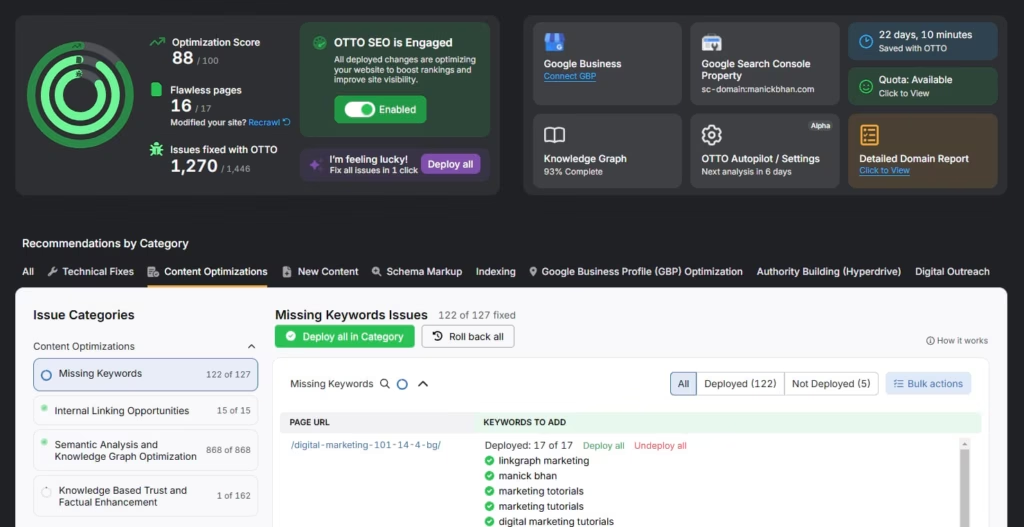
The keyword research capabilities of OTTO SEO are listed below.
- Quickly assesses competitor websites and extracts ranking keywords
- Highlights keywords you have missed in your research
- Provides missing keyword recommendations based on competitive analysis
Content planning tools automate the seed keyword branching process and create instant plans and keyword clusters from the seed keyword. The Search Atlas Content Planner completes the process in seconds and includes related secondary keywords, subtopics, and search intent variations. Other benefits of the Content Planner Tool are listed below.
- Identifies gaps and missed opportunities in content strategies
- Provides efficient keyword discovery for entire content themes
- Maps individual keywords within organized clusters
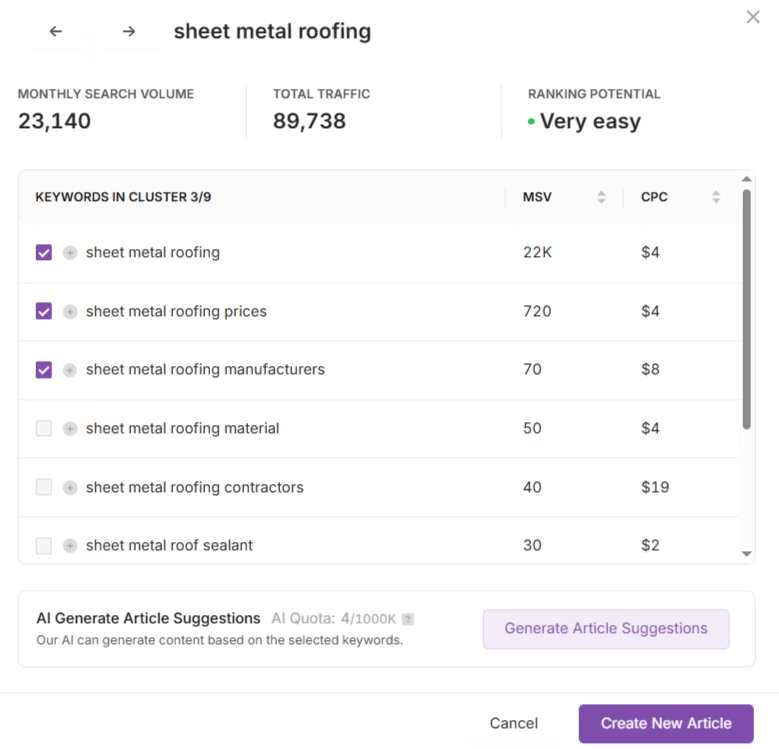
10. Use Content Editors
Content editors give instant keyword recommendations, optimization tips, and competitor insights while you write. The Search Atlas Content Genius Tool streamlines the keyword-to-content mapping process by helping plan content around keyword clusters. This keyword cluster tool analyzes search results for your target terms to identify expected content elements, common questions, and related topics that should be addressed for comprehensive coverage.
The capabilities of Content Genius are listed below.
- Provides instant keyword recommendations while writing
- Automatically generates relevant terms when optimizing for specific keywords
- Offers real-time optimization scoring
- Ensures comprehensive topic coverage based on top-ranking content
- Prevents keyword cannibalization through strategic mapping
- Shows keyword density and usage frequency
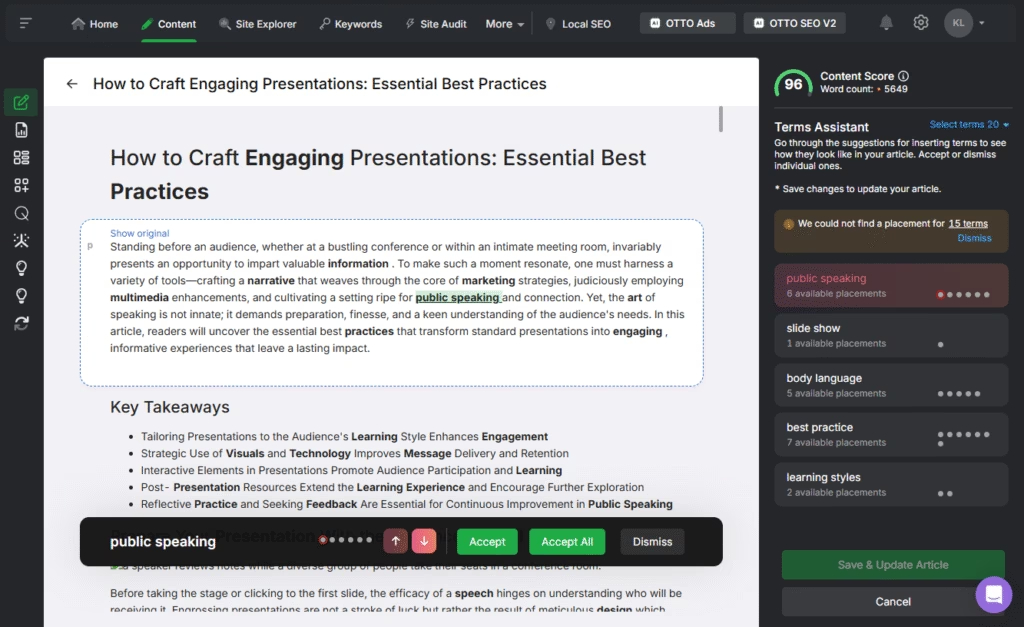
Search for Keywords With the Latest SEO Tools
Effective keyword research provides a systematic, data-driven approach that balances search volume, competition, and business value. Search Atlas is an integrated platform that eliminates the need for multiple disconnected tools. It provides AI-enhanced insights that manual research alone cannot achieve.
Test how automation transforms keyword research and optimization. Start your 7-day free trial with Search Atlas today.


